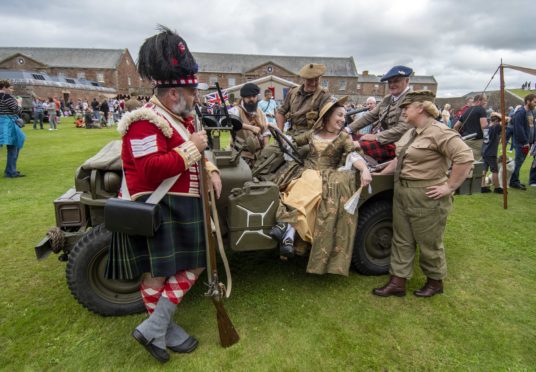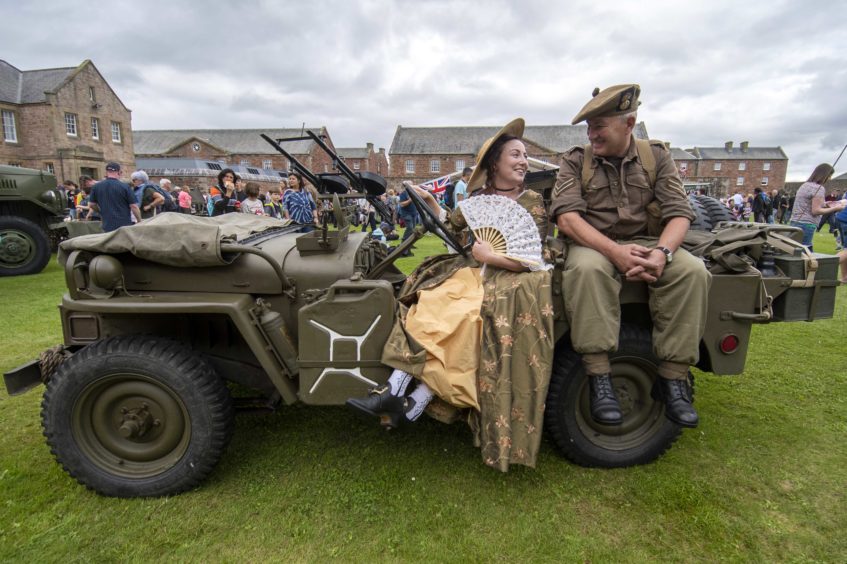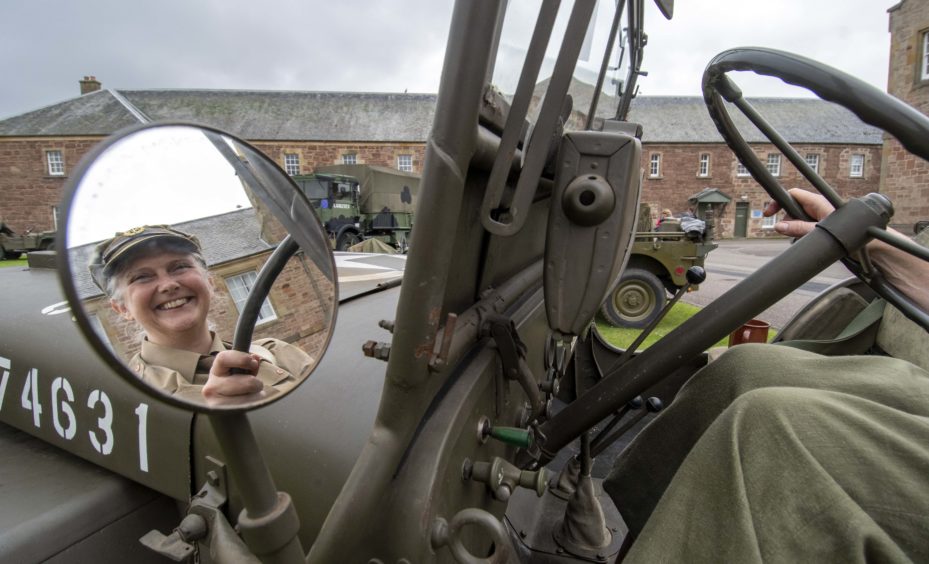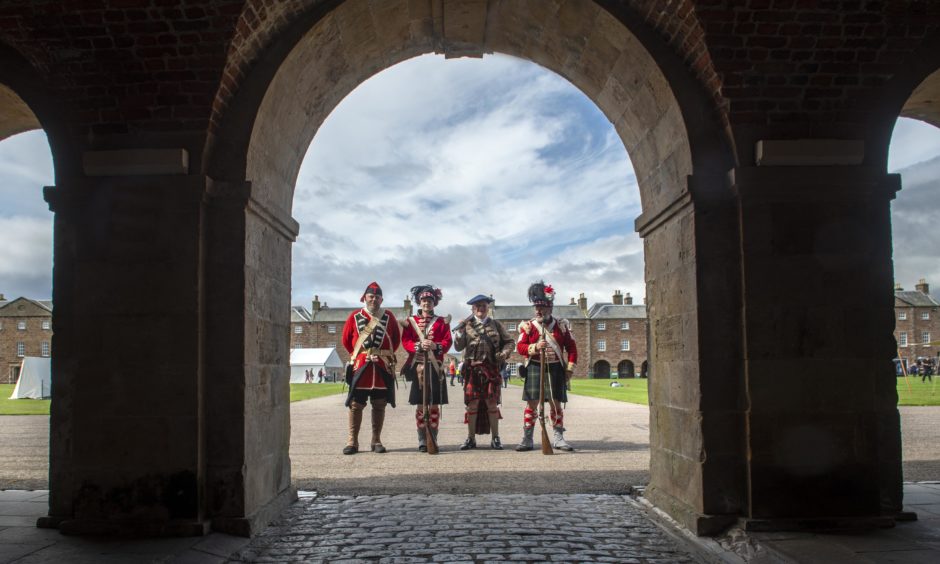Thousands of visitors were transported back in time as Fort George celebrated its 250th anniversary by showcasing its history at the weekend.
A festival celebrating the milestone took place over two days and attracted more than 2,100 people.
The fortress – which has been home to the Black Watch battalion since 2007 – was built in the wake of the Battle of Culloden as a secure base for King George II’s army.
Local and Proud: Follow our new Facebook page dedicated to the Highlands and Islands
The celebrations, managed by Historic Environment Scotland (HES), involved family activities, music, dance, song and historical re-enactments bringing those times to life.
The re-enactment performances told the story of the Jacobite risings and the building of Fort George.
Visitors met costumed characters in encampments and heard the stories of the Jacobites, as well as those who were involved in the construction of the fortress.
There was a Second World War zone, complete with tents and vehicles, where visitors learned about the important role Fort George had as a training base in the 1940s.
A big band and swing dancers completed the atmosphere, with visitors joining in on the dance floor.
Families, meanwhile, had a go at making their own Lego creations using a model of Fort George as inspiration.
The model was specially commissioned for the 250th anniversary of the base and is on display at the officers’ guardroom.
Throughout the weekend there were performances from RAF Lossiemouth Pipes and Drums, Fèis Rois Ceilidh Trail, Inverness Military Wives Choir and The Margaret Stewart Trio, as well as Highland dancing displays.
Gillian Urquhart, from HES, said: “Fort George is one of the most outstanding fortifications in Europe.
“This was a fantastic chance for anyone who has never visited before to discover why and how it was constructed, and find out more about its present-day use.”
Fort George faced the axe in 2016, but its closure was put off until 2032 after more than 6,000 people backed the P&J’s Fight for Fort George campaign.



